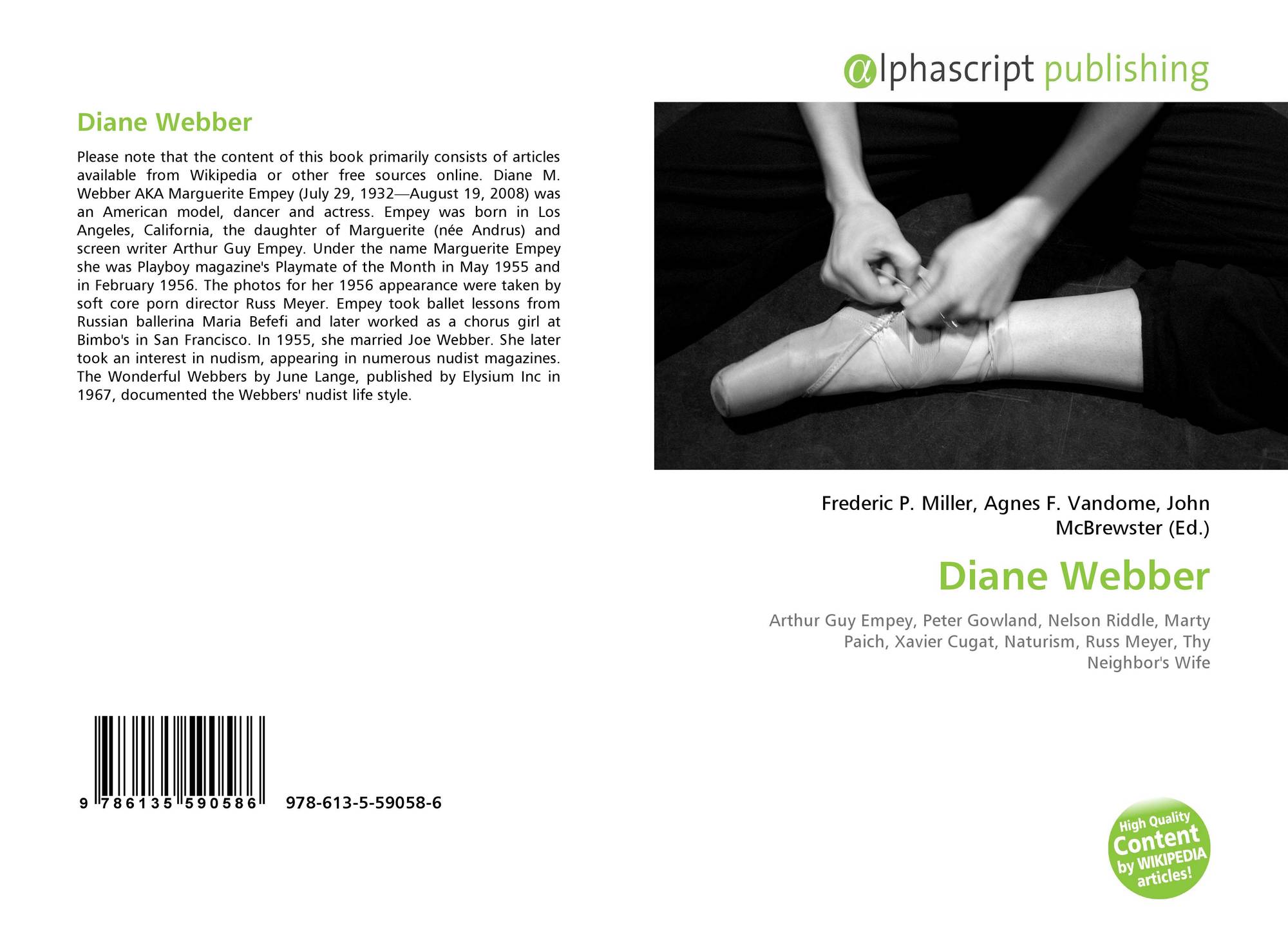


They evaluate and demonstrate how successful you are in reaching your learning outcomes for English 180. As well, assignments are what determine your grade in this course. The table below describes the learning experiences that pave the way toward these outcomes. Learning Outcomes are the knowledge, skills, attitudes, and habits of mind that this course will help you to acquire. Some additional readings for this course will be provided to you electronically.
#Diane webber marywood university free
Feel free to use alternate unabridged editions if you already own or can borrow them. The following texts are available at the Marywood bookstore. § connect literature to the time and place in which it was produced § write about literature using close textual reading § analyze literary techniques in various genres (including fiction, poetry, and drama) § use terminology associated with literary devices § investigate the relevance of literature to contemporary lifeĮNGL 180 is designed to help students improve in their ability to: § examine basic human questions of life and articulate ways that literature illuminates the complexities of the human experience across cultures § use close reading, critical thinking, writing and verbal skills § explore selected authors from around the world § analyze literary techniques in various genres Through guided practice, students develop habits that contribute to lifelong learning and readiness to recognize ways of being and thinking in communities to which they do not belong. In each of these elements the course supports Marywood’s mission. Role of English 180 in the Core CurriculumĮNGL 180 is an essential part of Marywood undergraduate education because it helps students become stronger readers of imaginative writing it helps students read deeply and carefully, interpret literary texts using appropriate terminology, and articulate their thinking in well-developed arguments and it increases students’ global awareness. The course should teach terminology associated with literary devices and literary analysis, especially close textual reading. It should include fiction, poetry, and drama, and it may include other genres (graphic novel, essay, film, and so forth). It is not expected to survey the historic progression of literature over time, though it may do so. Office Hours: Before or after class or by appointment any time Email: DescriptionĮNGL 180 is an introduction to literature course that uses global texts (western and non-western).


 0 kommentar(er)
0 kommentar(er)
